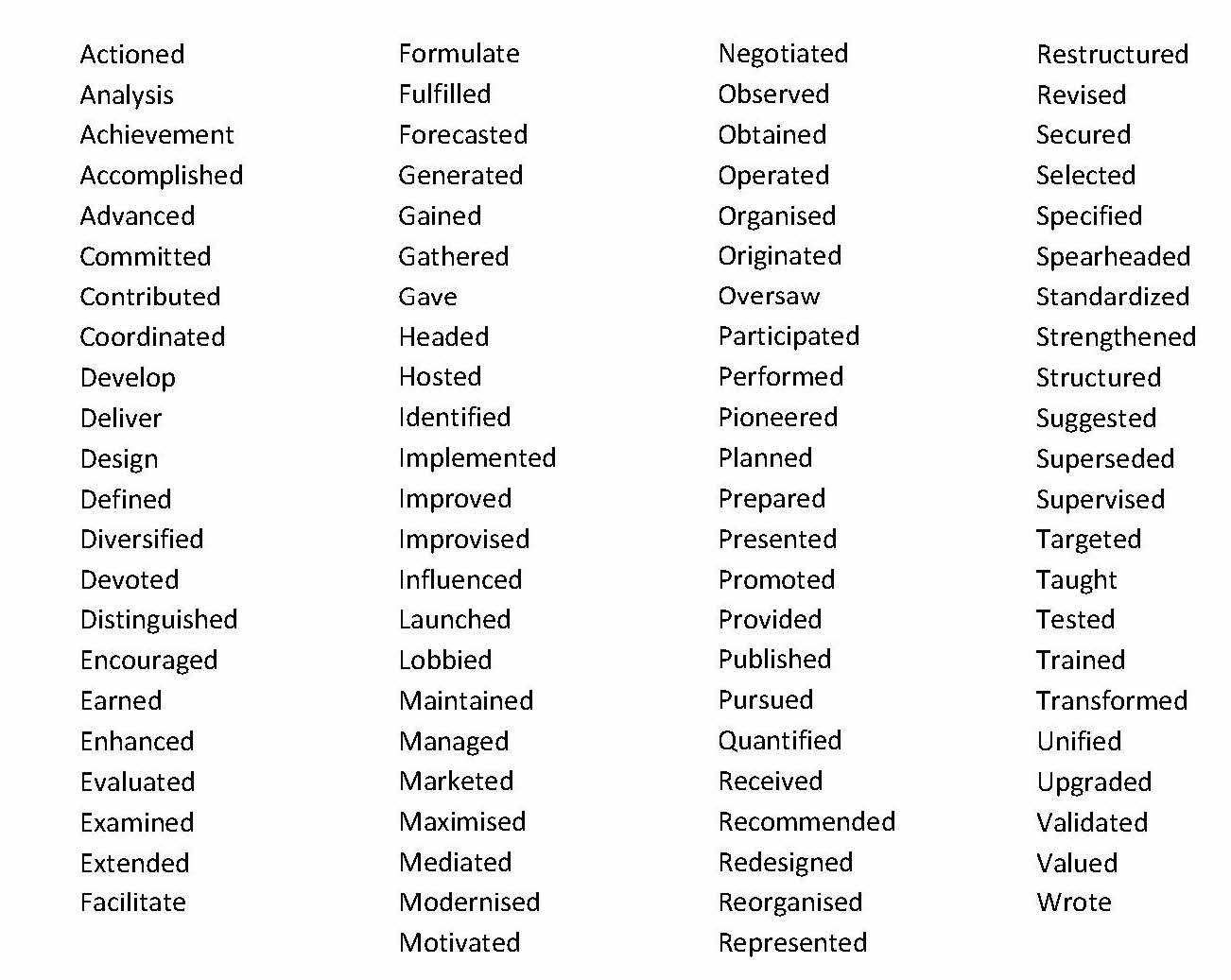We’ve collated insight and key bits of feedback from our clients, to create a page dedicated to CV advice. There’s information on general content, and some more advanced recommendations. We hope there’s something that will be of help.
Make the most of the opportunity!
A CV is not just a list of what you have done. A CV is an opportunity to talk about your achievements and highlight things that future employers will want in their new employees.
You do need to list the key things you have done that correlate with what people are advertising in a job description. Whilst providing enough supporting information to show that you really know what you’re talking about. However do not forget that a CV is also an ‘interview blueprint’.
Turn your CV into an ‘Interview Blueprint’
How many times have you been sat in an interview and they’ve picked something off your CV and said, ‘tell me about this?’. How many times do you wish that had asked you to tell them about something different?
The people conducting the interviews will look at your CV and ask you questions about what you have done. Therefore you need to make sure you add the things on there that you want them to ask you about. Ideally these go best under ‘Key Achievement’ sections, making sure any achievements are quantifiable in terms of their success to somebody who won’t know all the details. For example: don’t say, ‘ I sourced all the products for the Christmas section’ say ‘I sourced 400 products in 2 weeks for our winter section’.
Put yourself into the shoes of the hiring manager, and what they would really want to read, what would impress them and get you an interview.
General Content
There’s no perfect content structure for a CV. But we will try and dispel some of the common questions and concerns about general content.
- Curriculum Vitae – Do I need to impress employers by highlighting I know what CV stands for? Not essential, but at the same time not a deal breaker.
- Marital Status and Age – You certainly don’t need to add these on. But if you’re a proud wife or husband, or actually want people to be fully aware of your age go ahead. However anybody that discriminates based on this is breaking the law and not worth working for anyway.
- Chronological or Skills-based – This is a tough one and very much depends on how your career has gone. I’m a fan of chronological for the reason I don’t just want to know what you did, but where you did it. However I can appreciate that for people who have led a varied career, a fully chronological CV may fare better by highlighting their fantastic skills.
- References – These are not needed until after you have received an offer. And by including them you are potentially exposing previous employers to both spam and unsolicited calls.
- School Grades – If they are good or great add them, if they’re not as amazing as you would have hoped maybe leave them off. If essential people will ask, and the most sought after are maths and English, so maybe include these if they were good. The same applies to degrees, if they’re 2:1 or above add the result. However be aware if you leave it off, most employers will assume you got a 2:2 or below.
Experience focused content
What should I have on my CV? Here we focus on advice and dispelling myths on the areas most important to securing an interview.
- Profile – Yes please, and use it to your advantage. Many people don’t realise it’s the perfect area to set employers up with what to expect from the rest of your CV. So use it to tell a mini-story. Something like “after a year out travelling I’m now ready for a mortgage’, or ‘ Having worked as a Procurement Manager for 5 years, I’m now ready to step into a Director role’.
- Personal Interests – Why not, you may have something in common with your employer. But likewise if you do have some very dangerous interests such as motor racing, or you’re young and like to travel, use some common sense.
Why did you leave – Again this is dependent on your overall career, if you’ve generally been steady, then you don’t have to worry too much. However if you have moved around a bit, and the reasons are not just lack of progression or being persuaded by a better package then it’s worth highlighting. So particularly where you have been made redundant, or outlining when things were contracts, it makes sense to be clear. - ‘I’ or ‘He’ – Never use the third person – it sounds silly! This is your CV, YOU are supposed to have written it.
- The Perfect Length? – How long should my CV be? If you have loads of experience, make your CV long enough to showcase everything relevant without cutting out stuff that’s needed. Don’t overdo it, but if you’ve worked for 20 years then 3 or 4 pages could be feasible. Likewise don’t stretch to a 2 page CV if you’re a graduate with no experience.
Don’t Be Negative
Interviewers don’t want to know whether your last employer was a tyrant, so please be positive! There’s nothing more depressing than interviewing somebody and only hearing about how much they hated their old job. So be as positive as you can, talk about the great things you did, expand on what you enjoyed. Turn that negative into a positive. Go in with the frame of mind that you achieved everything you could in your last role but now it’s time for you to move on and grow somewhere else.
I must however add that whilst it’s important to take the above on board, don’t go over the top either, positivity isn’t just about shouting positive words, but the overall content on your CV such as talking about what you yourself have achieved, and not just waffling buzzwords or listing team achievements.
In terms of talking about what ‘you’ have done, unless you are talking about specific team projects, be careful always using ‘we’, and don’t say ‘I’ unless it was you! You don’t want people to read your CV as if you’re tagging yourself onto other people’s success.
In terms of making a CV sound positive, it’s good to sound professional as well. One thing we feel can help people write both an engaging and positive CV, is the right use of verbs. Please see a selection of verbs below, that we recommend using in your CV where relevant. Variety is always good, so try to be repetitive with them, expand your vocabulary.

Summary
To summarise, don’t be lazy with your CV, it’s very important, appreciate its power as an interview-influencer as well as an interview-getter. Put yourselves in the hiring manager’s shoes, focus on a good structure, and be positive!
Zero Surplus is the Eastern Region’s leading agency for sales & business development recruitment, if you need advice on how to adjust your CV to get ahead in the sales sector by finding that perfect opportunity then get in touch.








